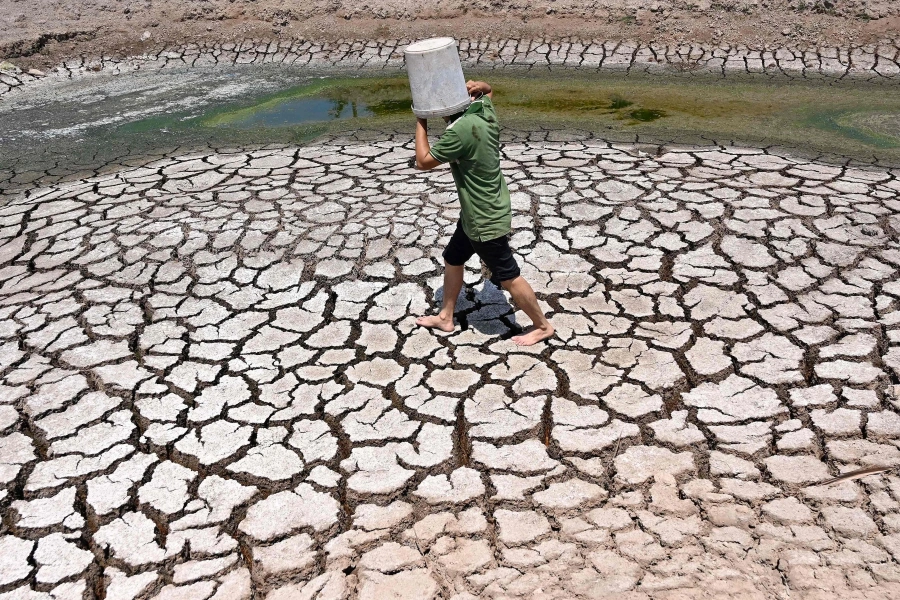Questions loom over whether India’s decision will reduce the hiked price of the essential food in Nepal’s domestic market
KATHMANDU, Dec 1: India has lifted a three-month long ban on rice exports citing adequate production that is sufficient to fulfill its domestic demand.
Issuing a public notice on Tuesday, the Directorate General of Foreign Trade, a wing under the Ministry of Commerce and Industry of India, removed the ban on export of rice. Earlier, on September 8, India had banned exports of broken rice and slapped a 20 percent duty on export of husked rice, semi-milled and wholly-milled rice. The duty restriction had been applicable on export of all varieties of rice, except basmati and parboiled rice.
India's ban on rice exports sparks fear of global food crisis

India’s decision on export restrictions of essential food came under fire at the World Trade Organization (WTO). A number of countries including European nations and the United States also posed questions about the adverse effects on global markets due to India’s decision.
India fell under pressure after these WTO member countries expressed their concerns on the possible market volatility and world food crisis due to India’s export-restriction policy. According to the records of the Indian government, the country exported rice worth US $ 5.5 billion between April and September.
India’s export-restriction policy had even affected the price of rice in the Nepali market as well. Over the period, the price of rice escalated by up to Rs 300 per 20 kg sack, according to traders.
Last month, the Indian government partially lifted the restriction for Nepal. India has set a quota of 600,000 tons of paddy to be exported to Nepal annually .
The complete removal of export restrictions is expected to lower the price of the staple food in the domestic market. Nepal imported 550,000 tons of paddy from India in the last fiscal year.



































